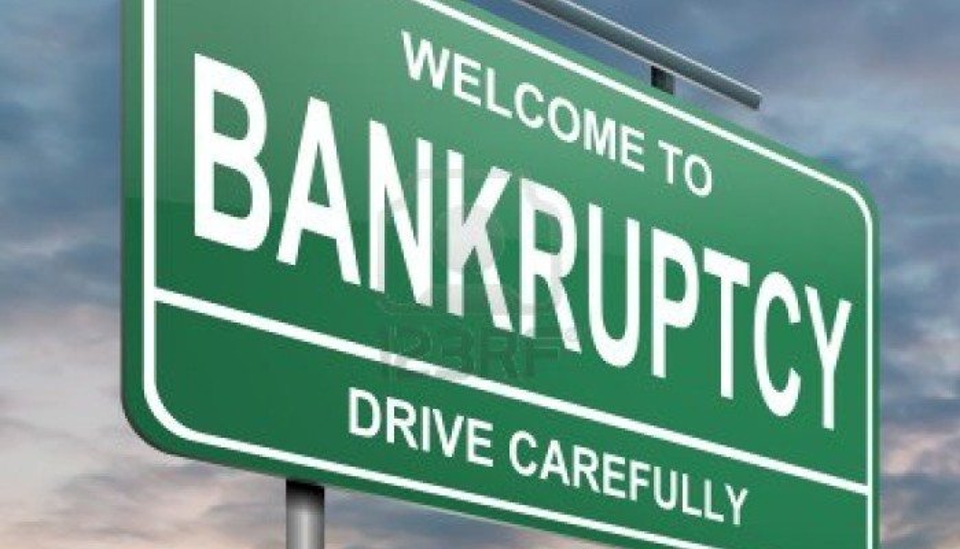Most people do not fall into debt on purpose - despite what debt collectors would have you believe. When you are dealing with overwhelming debt, the constant calls and letters from creditors do not help. Instead, they just pile on the stress you already feel.
Believe it or not, there is a silver lining to this situation. Debt collection agencies are bound by specific rules that govern how they attempt to collect on overdue payments. If they don't follow these rules, they can be held legally and financially responsible for harassment.
Here's What Collectors Must Do
Under the Fair Debt Collection Practices Act (FDCPA), debt collectors must do the following:
- Identify themselves as a debt collector or collection agency and tell you that they are calling about your debt
- Identify which creditor they represent
- Provide proof - in writing - that the alleged debt actually belongs to you if you ask them to within 30 days of initial contact
- Inform you of your right to dispute the alleged debt
- File any lawsuits in the jurisdiction where you live (presumably Louisiana) or where you agreed to work with the debt collection agency
What Collection Agencies Cannot Do
All of this seems fairly straightforward, but as you might already know, some debt collectors can be ruthless in their efforts to collect. Here is what they cannot do when communicating with you:
- Call you before 8 a.m. or after 9 p.m. - in your local time zone
- Bully you by threatening you with arrest or physical harm if you don't pay up
- Harass you by using foul or profane language
- Call you continuously throughout the day
- Pretend to be law enforcement officers or attorneys, or otherwise misrepresent who they are and what they do
- Publish your identifying information (name, address, amount of debt) in any public space or online
- Intimidate your family members, friends or neighbors or tell them about your debt
- Contact you while you are at work if your employer prohibits such contact during business hours
- Communicate with you if you are represented by an attorney, have filed for bankruptcy, or have requested (in writing) that they not contact you while you dispute their claim
Debt collection agencies that violate these rules can be held accountable for their misdeeds. If you can prove that these rules were not followed, you may be awarded up to $1,000 plus attorneys' fees. For this reason, it is always a good idea to document each conversation and any communication you have with a debt collector.
Getting Help When You Need It
Most debt collectors try to follow these rules, so you cannot necessarily sue them just because they are annoying (unless their actions cross the threshold into harassment). Instead, you can pursue ways to get rid of your debt once and for all. An attorney who handles debt relief cases can help you analyze your options, whether that means pursuing debt settlement negotiations or filing for bankruptcy relief.
Your lawyer can also advise you on creditor harassment and take over as the point of contact for debt collection agencies. Remember that under the FDCPA, debt collectors cannot contact you once you're represented by an attorney.







